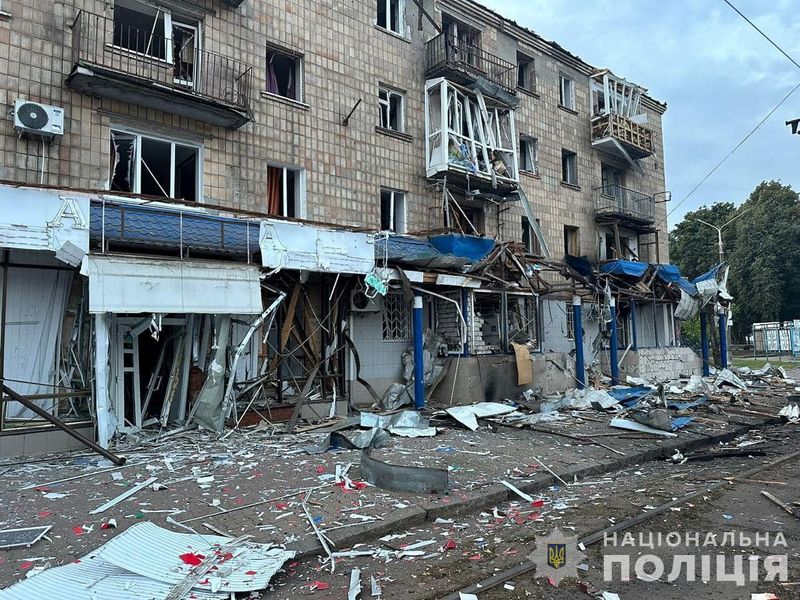By Anastasiia Malenko and Tom Balmforth
KYIV (Reuters) -President Volodymyr Zelenskiy said on Thursday that Ukrainian forces had anticipated Moscow's counteroffensive in the Russian region of Kursk, his first comments on the pushback this week more than a month after Ukraine's cross-border incursion.
Ukraine's troops captured an enclave of western Russian territory in a surprise raid that began in early August, a move aimed at wresting the battlefield initiative from Russia including by diverting Moscow's forces from the eastern front.
Its forces made rapid initial gains before stalling, while the situation around the eastern Ukrainian town of Pokrovsk, which has been the focus of Russia's main offensive operations in recent weeks, remained perilous.
"The Russians have begun counter-offensive actions. It is going according to our Ukrainian plan," Zelenskiy told a news conference in Kyiv with Lithuanian President Gitanas Nauseda.
A Russian commander said on Wednesday that his soldiers had taken back control of about 10 settlements in Kursk region in a counterattack. Reuters has not been able to independently verify the battlefield reports on either side.
Zelenskiy repeated earlier assertions that Ukraine had also noticed a buildup of forces across the border with Belarus, Russia's main ally in its full-scale war on Ukraine.
"We have seen it for a long time – this process is under control," he said.
His comments came as fighting continued on several fronts.
Russian shelling killed three Ukrainians working for the International Committee of the Red Cross (ICRC) and injured two others in a village in the frontline Donetsk region, according to Ukrainian officials.
Russian forces also knocked out power and water to a rail hub in northern Ukraine and severed water supplies to Pokrovsk, causing disruptions behind front lines.
ESCALATING RISK
More than 2-1/2 years since Russia's invasion, the war in Ukraine is at a critical juncture, with Moscow regularly pounding Ukrainian infrastructure as its troops try to complete the capture of the whole of Ukraine's eastern Donbas region.
Ukraine has also launched mass drone attacks on Russia, targeting its oil refineries and other strategic facilities.
Washington says Iran supplied hundreds of ballistic missiles to Russia in a major escalation of the conflict. Moscow has warned the West against greenlighting deep strikes into Russian territory with Western weapons, warning it would respond.
Russian forces have been gaining ground in parts of east Ukraine including the area around Pokrovsk, whose capture could enable Moscow to open new lines of attack and complicate Ukrainian logistics.
Donetsk's regional governor said a filtering station had stopped working because of heavy fighting, severing the water supply to Pokrovsk. He said it would be impossible to fix soon and renewed calls to civilians to flee the town.
Pokrovsk, which straddles several important roads that pass through the Donetsk region and has a rail line, has also lost supply of electricity and gas used for cooking and heating, local authorities said.
Russian momentum has slowed in the areas nearest the town, but Moscow's forces have pressed south from that line of attack, closing in on the nearby town of Ukrainsk, open-source intelligence reports by Ukraine's Deep State analysts indicate.
The city of Konotop, a rail hub in Sumy region which Kyiv used as a staging ground for its cross-border incursion, reported heavy damage from an overnight Russian drone attack.
Local officials said at least 14 people had been hurt in an attack that "significantly" damaged energy infrastructure and cut electricity to the settlement.
Rescuers were working to restore power in the town, which had a pre-war population of about 83,000.

Across the country, Russia attacked using 64 drones, the air force said. It shot down 44 of them over nine different regions.
Such attacks have become almost nightly occurrences since Russia invaded Ukraine in February 2022.